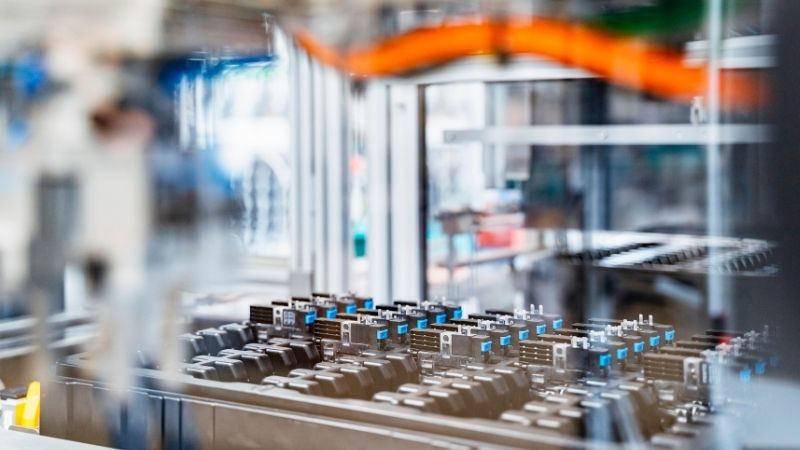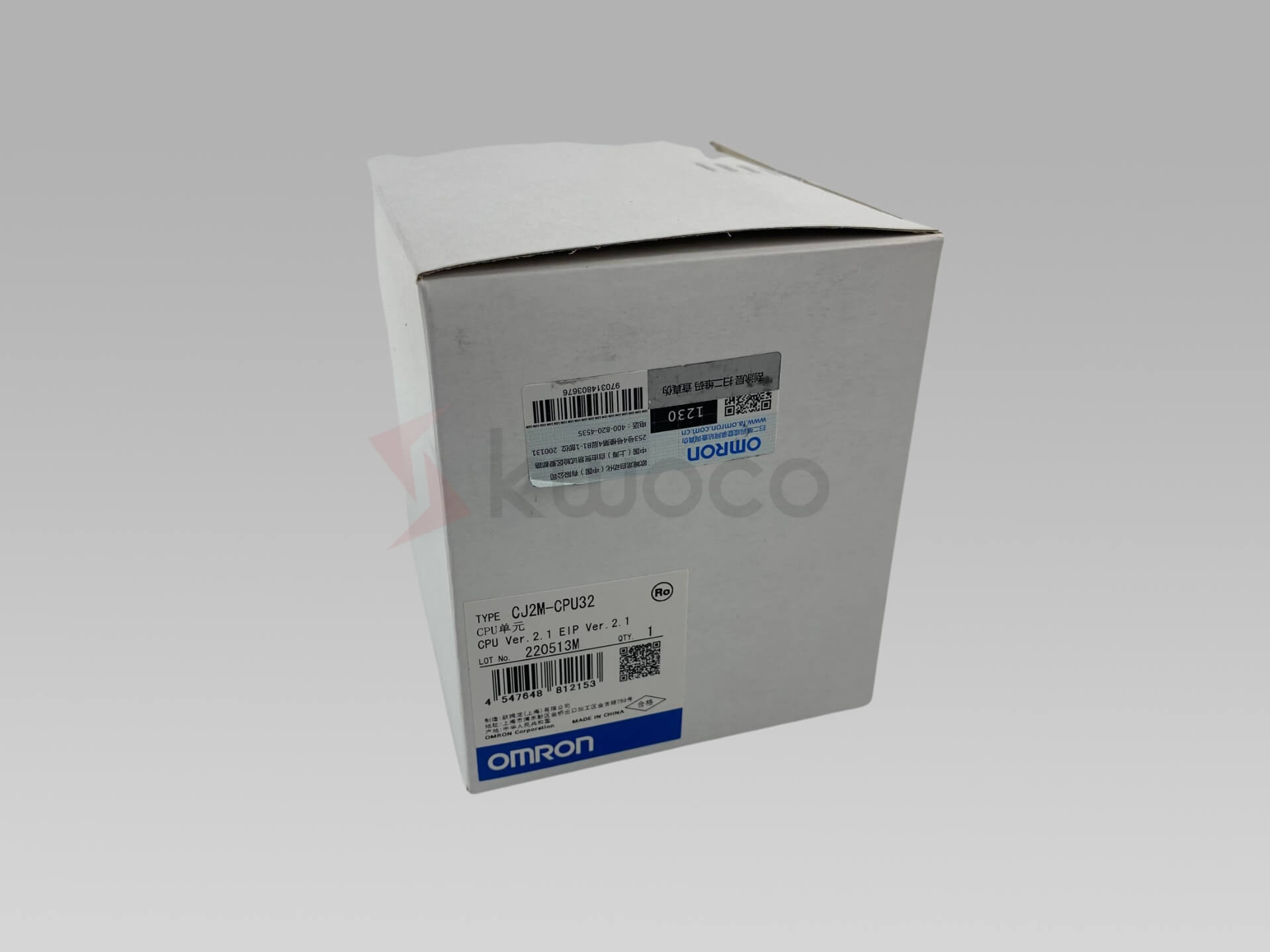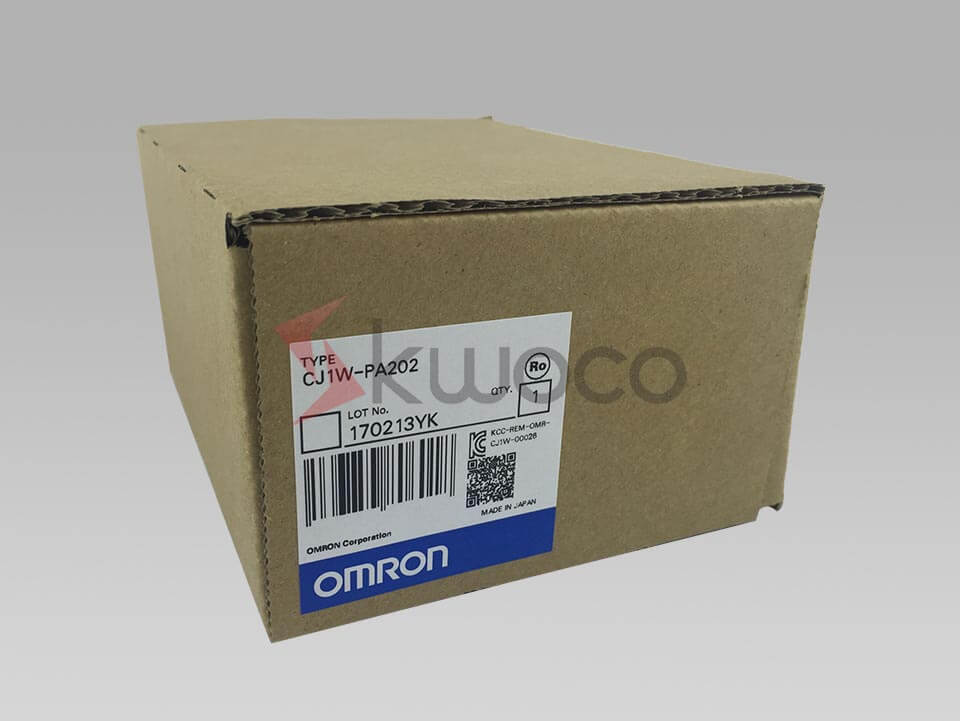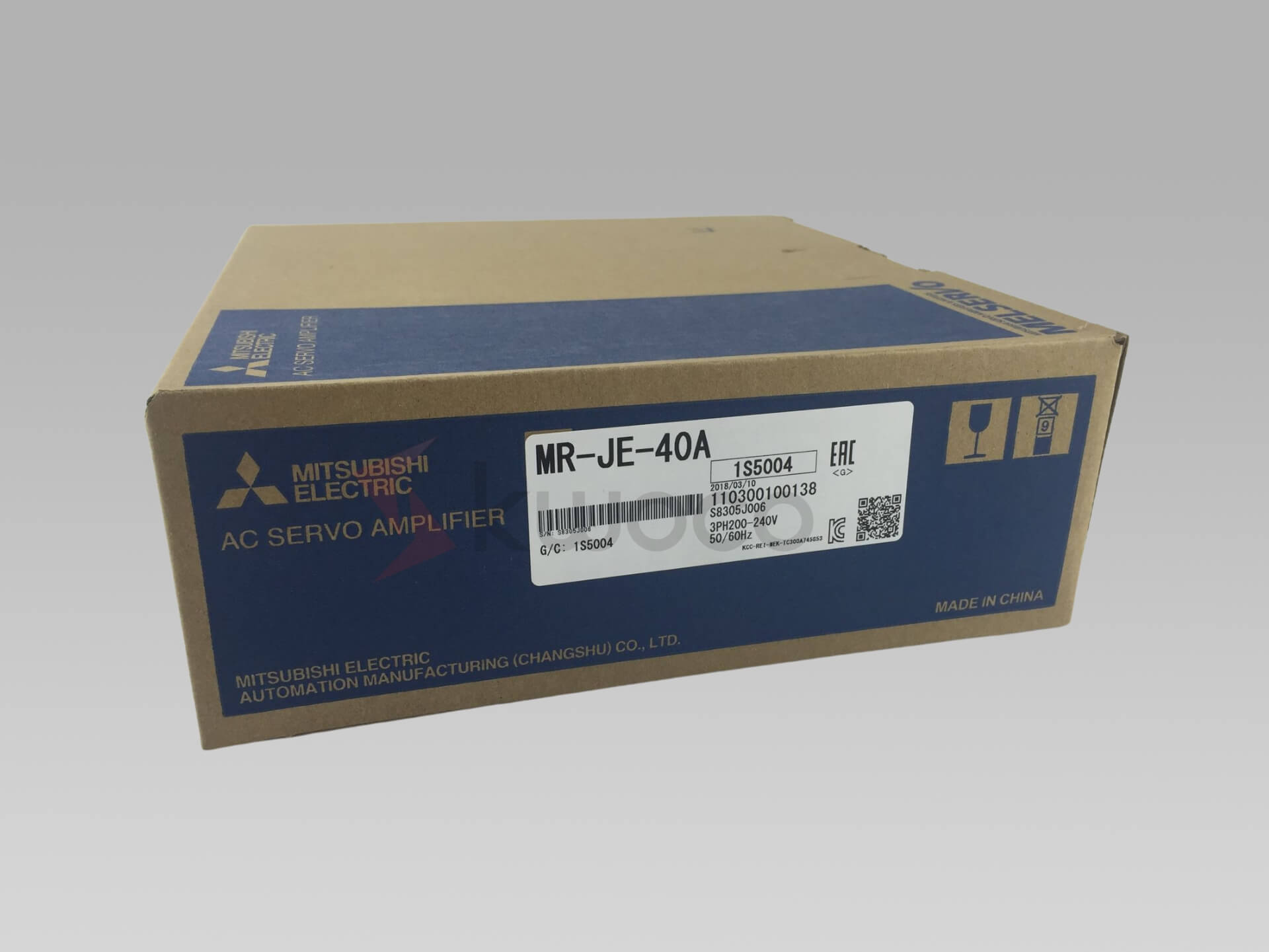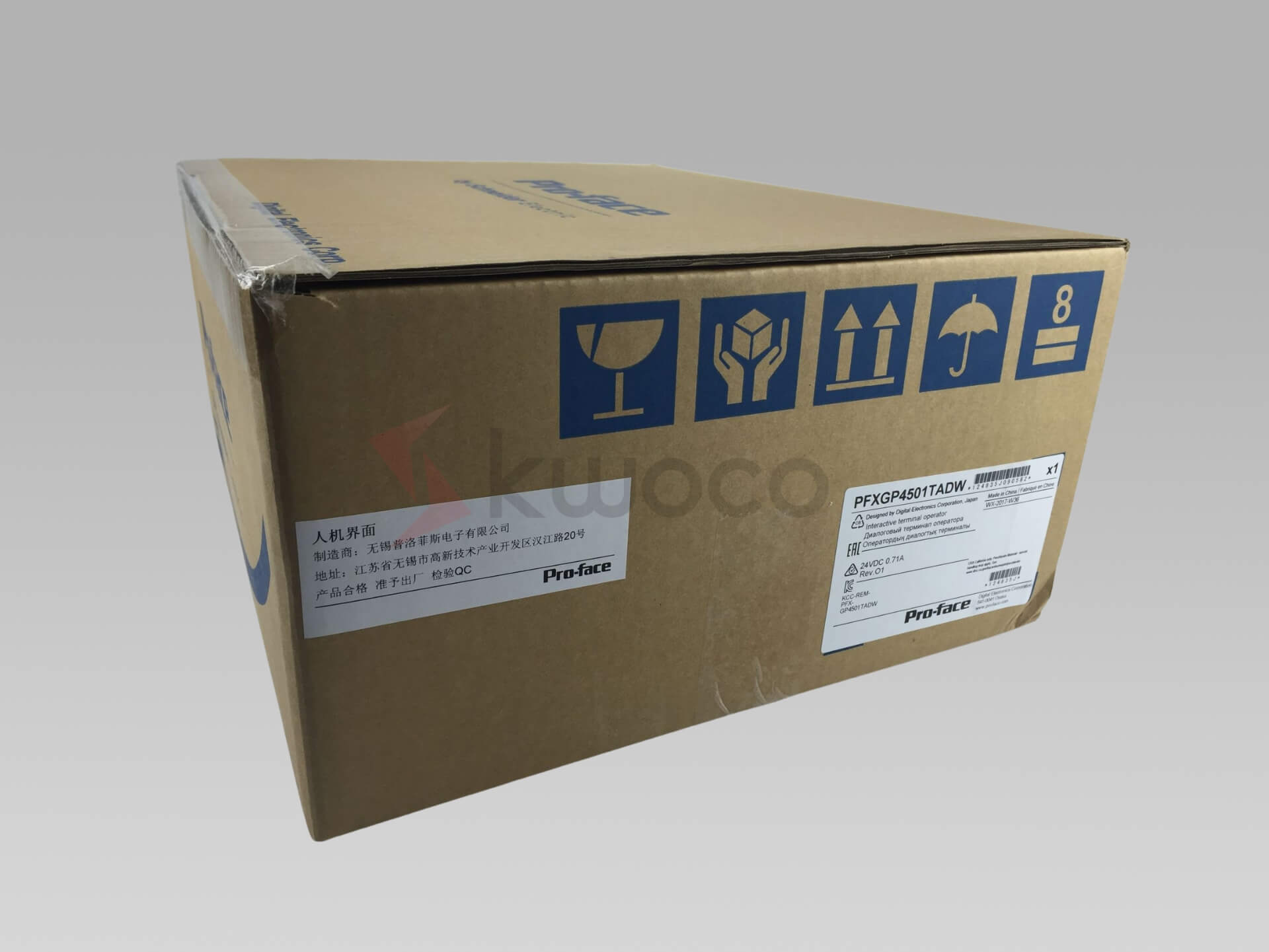Was ist der Unterschied zwischen SPS, SCADA und DCS?
SPS, SCADA und DCS spielen jeweils unterschiedliche Rollen. Wenn Sie ihre Unterschiede verstehen, können Sie Ihre Produktionsprozesse optimieren. PLC ist ein speicherprogrammierbarer Controller zur Steuerung bestimmter Vorgänge; DCS ist ein verteiltes Steuerungssystem, das zur Steuerung einer gesamten Fabrik geeignet ist; während SCADA Software zur Überwachung und Datenerfassung ist.
Inhaltsverzeichnis
Wenn Sie diese Unterschiede verstehen, können Sie fundiertere Entscheidungen treffen und Ihre Geschäftseffizienz steigern. Lassen Sie uns tiefer in die spezifischen Funktionen und Anwendungsszenarien jedes Systems eintauchen.
Wie gut verstehen Sie SPS, SCADA und DCS?
SPS (Speicherprogrammierbare Steuerung)
Eine SPS ist ein digitales Computergerät, das speziell für die industrielle Prozessautomatisierung entwickelt wurde. Es steuert angeschlossene Ausgabegeräte über Eingabeprogramme und wird häufig in mittleren bis großen Anwendungen eingesetzt. SPS werden normalerweise in Systemen mit weniger Ein- und Ausgangspunkten verwendet und eignen sich zur Steuerung von Hunderten von Ein- und Ausgängen.
DCS (Verteiltes Steuerungssystem)
Ein DCS ist ein dediziertes System für kontinuierliche oder Batch-Herstellungsprozesse. Es besteht aus mehreren leistungsstarken SPSen, die den gesamten Automatisierungsprozess der Fabrik steuern können. Wenn SPSen allein nicht ausreichen, um die Steuerungsanforderungen des gesamten Automatisierungsprozesses zu erfüllen, wird ein DCS unverzichtbar, da es mehr Ein- und Ausgänge unterstützt.
SCADA (Überwachungssteuerung und Datenerfassung)
SCADA ist eine Designsoftware für industrielle Steuerungssysteme. Sie ermöglicht es den Bedienern, den gesamten Prozess über eine grafische Benutzeroberfläche anzuzeigen und aus der Ferne auf lokale Steuermodule zuzugreifen und diese zu steuern. Zum Beispiel: Omron SPS verwendet CX-Supervisor als SCADA-Software, während Mitsubishi PLC Uniware verwendet.
SCADA-Systeme überwachen nicht nur die Prozessparameter der gesamten Fabrik, sondern ermöglichen Benutzern auch die Änderung voreingestellter Werte und ermöglichen so eine flexiblere Steuerung.
Weitere verwandte Fragen
Was ist für kleine und mittlere Unternehmen besser geeignet: SPS oder DCS?
Für kleine und mittlere Unternehmen sind SPSen in der Regel besser geeignet, da sie kostengünstig und einfach zu implementieren sind. DCS hingegen ist ideal für große Unternehmen, die hochintegrierte und komplexe Steuerungssysteme benötigen.
Was sind die Hauptvorteile von SCADA-Systemen?
Die Hauptvorteile von SCADA-Systemen liegen in ihren leistungsstarken Datenerfassungs- und Überwachungsfunktionen. Sie können den Betriebszustand der gesamten Fabrik in Echtzeit überwachen und so die Reaktionsgeschwindigkeit und Entscheidungseffizienz verbessern.
Wie werden SPS gewartet und gepflegt?
Um den stabilen Betrieb der SPS zu gewährleisten, überprüfen Sie regelmäßig die Stromversorgung und die Anschlussports, aktualisieren Sie die Softwareversionen, sichern Sie Programme umgehend und halten Sie die Geräteumgebung sauber, um zu verhindern, dass Staub und Feuchtigkeit die SPS beeinträchtigen.
Wie wird die Sicherheit von SCADA-Systemen gewährleistet?
Die Sicherheit von SCADA-Systemen kann durch die Implementierung mehrschichtiger Schutzstrategien gewährleistet werden, darunter Firewalls, verschlüsselte Kommunikation, Zugriffskontrollen und regelmäßige Sicherheitsüberprüfungen. Diese Maßnahmen helfen, unbefugten Zugriff und potenzielle Cyberangriffe zu verhindern.
Welche Faktoren sollten bei der Auswahl eines DCS berücksichtigt werden?
Berücksichtigen Sie bei der Auswahl eines DCS die Skalierbarkeit, Kompatibilität, den Anbietersupport, die Reaktionszeit und die Systemstabilität des Systems, um sicherzustellen, dass es sowohl aktuelle als auch zukünftige Produktionsanforderungen erfüllen kann.
Versorgen Sie Ihre Projekte mit brandneuen, originalen SPS von Omron, Mitsubishi und Schneider – auf Lager, sofort verfügbar!
Abschluss
Das Verständnis der Unterschiede zwischen PLC, SCADA und DCS ist der Schlüssel zur Optimierung industrieller Automatisierungsprozesse. Die Wahl des richtigen Systems kann nicht nur die Produktionseffizienz steigern, sondern auch Qualität und Zuverlässigkeit gewährleisten. Wenn Sie Fragen haben, können Sie uns gerne unter [email protected] kontaktieren. Wir sind bestrebt, Ihnen professionellen technischen Support und Lösungen zu bieten.
Kontaktieren Sie uns
Geben Sie in dieses Formular einfach Ihren Namen, Ihre E-Mail-Adresse und eine kurze Beschreibung Ihrer Anfrage ein. Wir werden Sie innerhalb von 24 Stunden kontaktieren.
Diese Themen könnten Sie auch interessieren
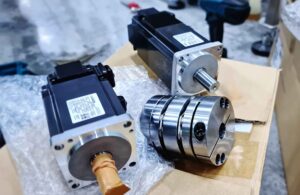
Kanadas Top 5 Mitsubishi Servo-Lieferanten
Als engagierter Ingenieur bei Kwoco habe ich jahrelang Erfahrung im Bereich der industriellen Automatisierung. Meine Erfahrung mit international renommierten Marken wie Mitsubishi hat mir das Wissen vermittelt, die besten Lieferanten auf dem Markt zu identifizieren.
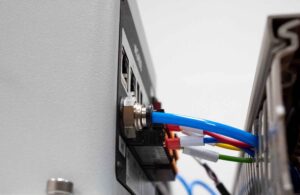
RTD und Thermoelemente: Wichtige Sensoren für die industrielle Automatisierung
Im Bereich der industriellen Automatisierung ist eine genaue Temperaturmessung für die Aufrechterhaltung optimaler Abläufe und die Gewährleistung der Produktqualität von entscheidender Bedeutung. Dieser Artikel befasst sich mit den Feinheiten von Widerstandstemperaturfühlern (RTDs) und Thermoelementen, zwei der am häufigsten verwendeten Temperatursensoren.
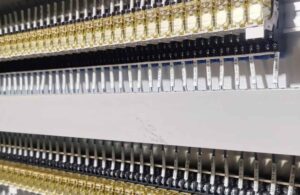
Einführung in speicherprogrammierbare Steuerungen: Ihr Tor zur industriellen Automatisierung
Dieser Artikel ist ein umfassender Leitfaden zu speicherprogrammierbaren Steuerungen (SPS) und untersucht ihre grundlegende Rolle in der modernen industriellen Automatisierung. Von Maschinen- und Anlagenfabriken bis hin zu Herstellern und Lösungsanbietern sind SPS unverzichtbar, um Abläufe zu optimieren und die Produktivität zu steigern. Dieser Artikel befasst sich mit den Feinheiten von SPS, ihrer Programmierung und ihren vielfältigen Anwendungen.

